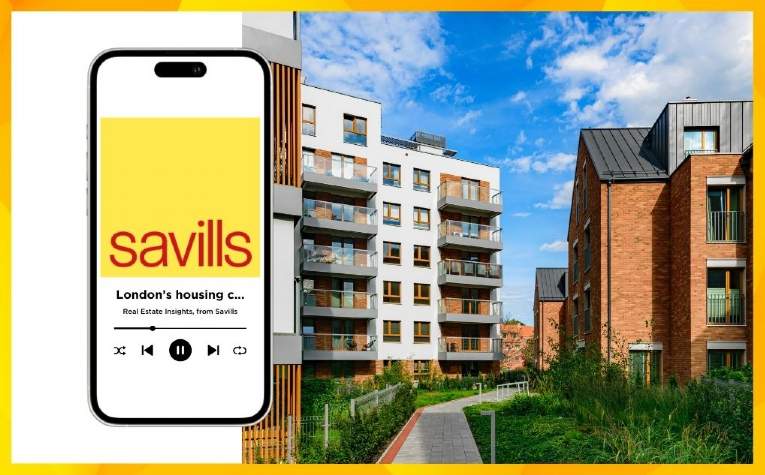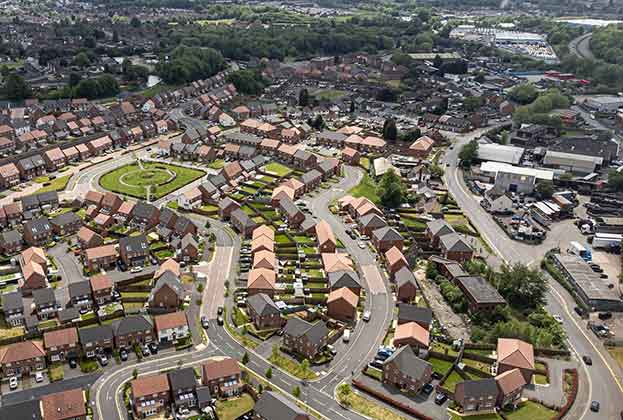The effect a business has on the wider community, the social value impact, has become an increasing focus of attention and is now finding its way into the planning of new developments.
In the UK there has been growing awareness of social value since the introduction of the Public Services (Social Value) Act in 2013. The act places responsibility on local authorities to consider social and environmental objectives alongside price and cost when evaluating tenders and awarding contracts. This is viewed as a more sustainable approach to procurement.
Several local authorities are currently considering the introduction of social value into the planning process through planning conditions or obligations.
While this could be viewed as another burden on development it helps demonstrate wider benefits and can be consistent with maximising returns to shareholders. It can help companies speed up the planning process, boost their chances of winning public sector procurement tenders (for example, to be development partners) and improve relations with local councils.
Investors could also gain from the enhanced attractiveness of schemes through better financial results in the longer term. Instead of treating social value just as a cost it can help increase value, provide a form of insurance against future expenditure and enhance business reputation. In addition, demands for planning obligations (Section 106) could be reduced if communities and local government believe a project is making a valuable contribution to the public good.
Social value covers a wide range of factors that broadly align with sustainability:
- Economic outcomes
Creating jobs for local people, supporting young people and the long-term unemployed into work and enhancing local skills - Social outcomes
Improving the health and wellbeing of local residents and employees, consideration of equality and diversity, promotion of the welfare of children and vulnerable adults and reduction of health inequalities - Environmental outcomes
Protection and enhancement of the natural environment, efficient use of resources, minimising waste, and reduction of carbon emission
A systematic Social Value Assessment can be complex and a sound knowledge of the likely social impacts is crucial. There is no one size fits all and there are several frameworks developed for different purposes.
Monetising the cumulative effect of benefits which are not typically calculated in terms of financial value enables easy comparison with competing schemes. It is not yet a requirement but, in our experience, is well received by local authorities.
Further information
Read more: Assessing Social Value









.jpg)
.jpg)